The healthcare industry stands at a pivotal moment, driven by the rapid evolution of data analytics. As healthcare data now accounts for nearly 32% of global data volume, the ability to harness this information is transforming patient outcomes, operational efficiency, and cost management.
In 2025, healthcare data analytics companies are leading this charge, leveraging artificial intelligence (AI), machine learning (ML), and real-world evidence (RWE) to address rising medical costs, workforce shortages, and the demand for personalized care.
The Growing Importance of Healthcare Data Analytics
Healthcare analytics involves aggregating, analyzing, and visualizing data to support informed decision-making at the point of care.
The global healthcare analytics market, valued at $43.1 billion in 2023, is projected to reach $85.9 billion by 2027, growing at a compound annual growth rate (CAGR) of 25.7% (MarketsandMarkets, 2022).
Healthcare Data Analytics Market growth is fueled by:
- Technological Advancements: AI and ML enable predictive modeling and real-time insights.
- Rising Chronic Diseases: Analytics supports population health management and preventive care.
- Regulatory Compliance: Data-driven solutions ensure adherence to healthcare standards.
- Cost Containment: Analytics identifies inefficiencies, reducing unnecessary expenses.
However, challenges such as high implementation costs, data quality issues, and a shortage of skilled professionals persist. Despite these hurdles, the adoption of cloud-based platforms and augmented analytics is creating new opportunities for innovation.
Key Considerations for Choosing a Healthcare Data Analytics Company
Selecting the right analytics provider requires aligning organizational goals with vendor capabilities. Key factors include:
- Experience and Expertise:
- Proven track records and industry recognition (e.g., KLAS Research rankings).
- Case studies demonstrating successful implementations.
- Integration and Customization:
- Seamless integration with electronic health records (EHRs) and claims data.
- Customizable dashboards and reporting tools.
- Data Security and Scalability:
- HIPAA-compliant platforms to protect sensitive data.
- Scalable solutions to support organizational growth.
- Training and Support:
- Comprehensive onboarding and ongoing customer support.
- User-friendly interfaces to minimize the learning curve.
- Cost vs. Value:
- Balancing implementation costs with long-term benefits like cost savings and improved outcomes.
These considerations guide organizations in selecting providers that align with their strategic objectives, whether focused on patient care, financial optimization, or operational efficiency.
Top 21 Healthcare Data Analytics Companies in 2025
The following list ranks the top 21 healthcare data analytics companies based on innovation, market impact, and alignment with industry needs. This ranking draws from the referenced articles, prioritizing companies with robust platforms, AI-driven solutions, and recognition from sources like KLAS Research and Newsweek.
Innovaccer (San Francisco, CA)

Innovaccer is a leader in healthcare analytics, recognized for its AI-powered Data Activation Platform that unifies disparate data sources for actionable insights. Its solutions prioritize interoperability and personalized patient engagement, earning it the #1 ranking in population health management by Black Book for three consecutive years.
- Key Offerings: Data Activation Platform, InNote (real-time EHR insights), InCare (care coordination).
- Innovations: AI-driven predictive analytics, customizable workflows, automated administrative tasks.
- Impact: Enhances patient outcomes by enabling proactive care and reducing readmissions.
Arcadia (Burlington, MA)

Arcadia’s cloud-based platform processes over 170 million patient records, integrating EHRs, claims, and SDoH data to deliver scalable analytics solutions. Recognized by KLAS Research, it supports value-based care and operational efficiency.
- Key Offerings: Data aggregation, risk management, value-based care analytics.
- Innovations: Next-gen data platform, customizable dashboards, rapid insight delivery.
- Impact: Accelerates outcomes for payers and providers by streamlining data management.
Health Catalyst (Salt Lake City, UT)
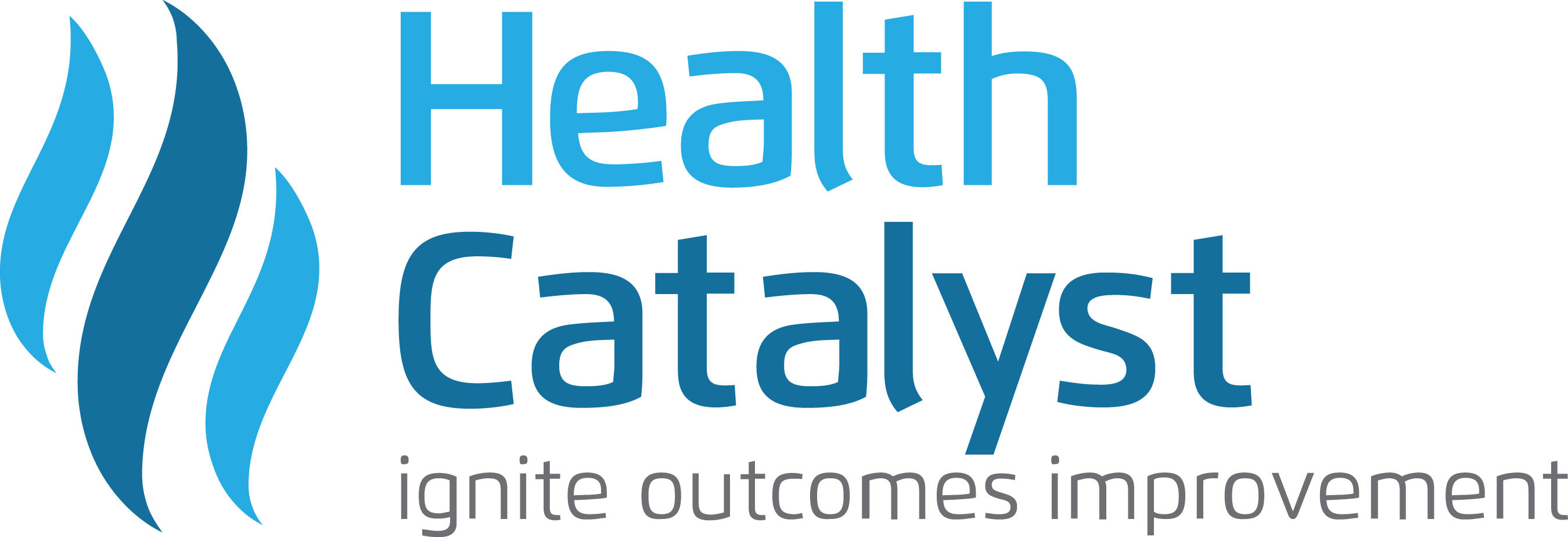
Founded in 2008, Health Catalyst leverages machine learning to simplify complex data management, aggregating data from EHRs and financial systems into a centralized warehouse. Its focus on reducing redundant data enhances cost efficiency.
- Key Offerings: EHR integration, health informatics, risk and revenue cycle management.
- Innovations: Scalable data warehouse, predictive analytics for outcome improvement.
- Impact: Drives measurable clinical and financial improvements for health systems.
Optum (Eden Prairie, MN)
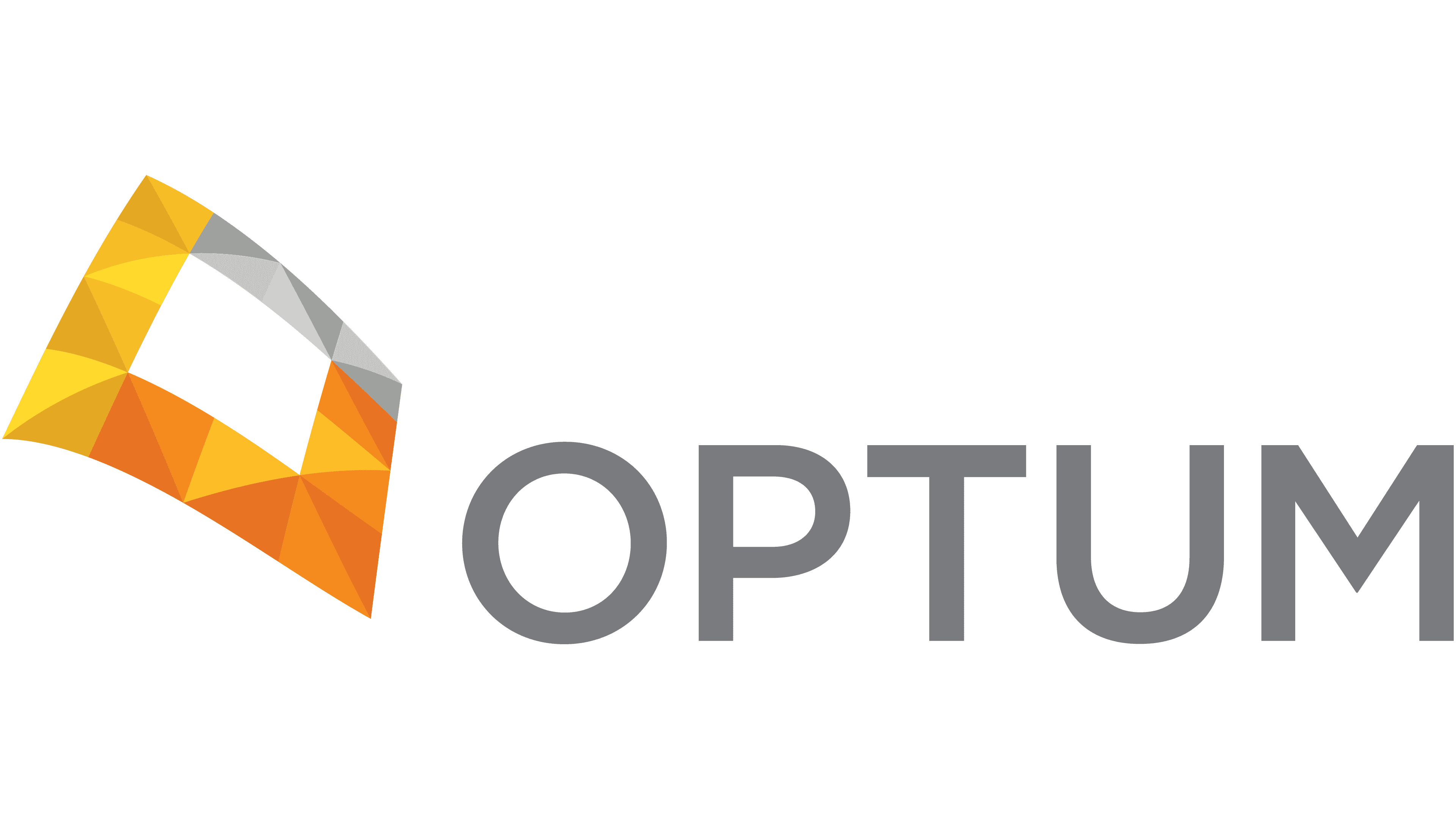
A subsidiary of UnitedHealth Group, Optum provides tailored analytics across financial, clinical, and medication management services. Its global reach and comprehensive solutions make it a versatile player.
- Key Offerings: Network planning, service-line profitability, patient care management.
- Innovations: Personalized insights for payers and providers, integration with Optum Rx.
- Impact: Optimizes healthcare delivery and financial performance for large-scale organizations.
IBM Watson Health (Cambridge, MA)

IBM Watson Health uses AI to process structured and unstructured data, delivering predictive insights for clinical decision-making. Its IoT-based applications enhance flexibility.
- Key Offerings: Self-service dashboards, AI-powered analytics, clinical decision support.
- Innovations: Predictive modeling for at-risk patients, integration with research data.
- Impact: Improves care planning and operational efficiency through advanced AI.
CitiusTech (Princeton, NJ)

CitiusTech specializes in data science and AI, offering solutions that unify data for intuitive analysis across clinical, operational, and financial domains.
- Key Offerings: Conversational BI, value-based care analytics, quality reporting.
- Innovations: Customizable dashboards, predictive analytics for revenue cycle management.
- Impact: Drives accurate, life-saving insights for healthcare organizations globally.
SAS (Cary, NC)
SAS provides robust predictive modeling and AI-driven analytics, partnering with Microsoft to enhance population health and fraud detection.
- Key Offerings: Population health analytics, fraud detection, clinical insights.
- Innovations: Advanced AI algorithms, cloud-based analytics platforms.
- Impact: Enhances decision-making for payers and providers, reducing financial risks.
MedeAnalytics (Richardson, TX)
MedeAnalytics offers a user-friendly platform with seamless interoperability, focusing on real-time data integration and predictive analytics.
- Key Offerings: Intuitive visualization, benchmarking tools, MedeAdopt onboarding.
- Innovations: Cloud computing, predictive trend forecasting.
- Impact: Empowers non-technical teams to make informed decisions, improving efficiency.
Datavant (San Francisco, CA)
Datavant creates a real-world data ecosystem, linking proprietary and third-party datasets while prioritizing patient privacy.
- Key Offerings: Secure data linkage, RWE generation, curated dataset marketplace.
- Innovations: HIPAA-compliant data integration, real-time clinical insights.
- Impact: Enables precise care delivery and accelerates research for life sciences.
McKesson (Irving, TX)
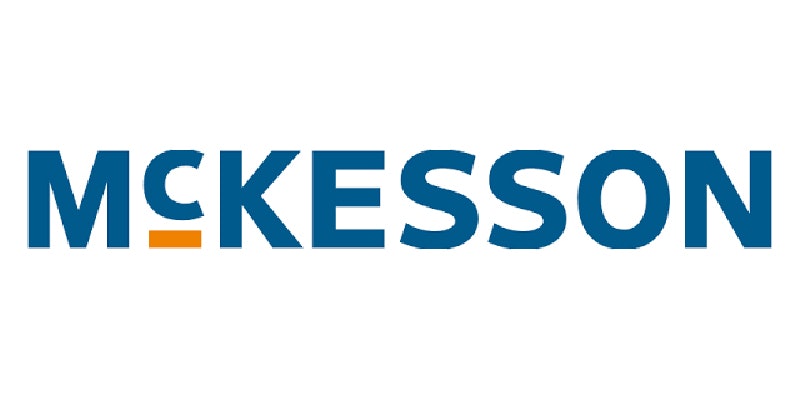
McKesson’s analytics tools span supply chain management, clinical decision support, and patient engagement, emphasizing interoperability.
- Key Offerings: Revenue cycle management, supply chain analytics, care delivery platforms.
- Innovations: Streamlined resource utilization, data-driven clinical decisions.
- Impact: Reduces costs and improves outcomes for providers and life sciences organizations.
Inovalon (Bowie, MD)
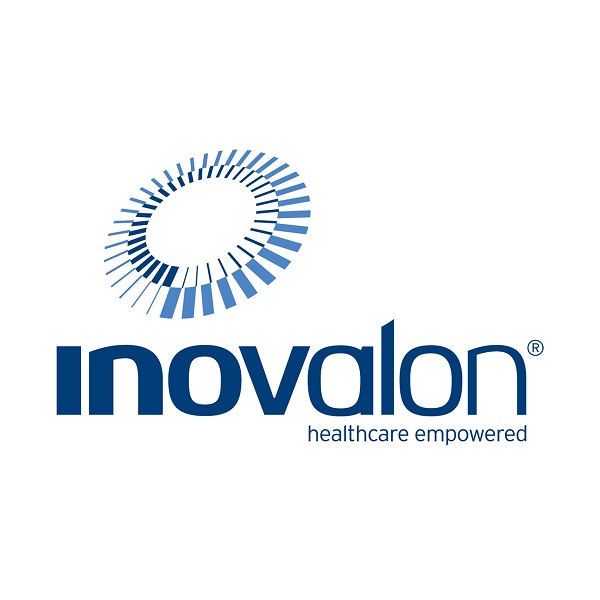
Inovalon’s cloud-based platform connects payers and providers, offering over 100 solutions for real-time data access and analytics.
- Key Offerings: Payer-provider connectivity, clinical data exchange, risk adjustment.
- Innovations: Scalable cloud infrastructure, AI-driven insights.
- Impact: Enhances care coordination and financial performance across healthcare ecosystems.
Atropos Health (Palo Alto, CA)

Atropos Health specializes in generating methodologically credible RWE, accessing 200 million de-identified patient records through its GENEVA OS™.
- Key Offerings: RWE reports, Atropos Evidence™ Network, query-based analytics.
- Innovations: Rapid evidence generation, AI-powered data queries.
- Impact: Accelerates clinical decision-making and research for personalized care.
HealthVerity (Philadelphia, PA)

HealthVerity manages large-scale RWE datasets, integrating lab results and claims data in a HIPAA-compliant environment.
- Key Offerings: 75+ curated datasets, patient identity resolution, RWE analytics.
- Innovations: Secure data synchronization, real-time data access.
- Impact: Supports research and care delivery with comprehensive, privacy-focused data.
N1 Health (Boston, MA)

N1 Health’s cloud-native platform delivers predictive analytics for chronic disease management and precision outreach.
- Key Offerings: Predictive modeling, patient engagement tools, cloud-based analytics.
- Innovations: AI-driven risk stratification, personalized care interventions.
- Impact: Improves chronic care outcomes through proactive patient management.
Change Healthcare (Nashville, TN)
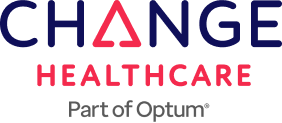
Change Healthcare leverages API integration and AI to enhance workflow efficiency and clinical decision-making.
- Key Offerings: API-driven analytics, revenue cycle management, clinical support.
- Innovations: Award-winning customer service, real-time workflow optimization.
- Impact: Streamlines operations and improves financial outcomes for providers.
Socially Determined (Washington, D.C.)

Socially Determined focuses on SDoH analytics, using its SocialScape® platform to generate individual risk scores.
- Key Offerings: SDoH insights, risk scoring, community health analytics.
- Innovations: AI-driven social risk analysis, targeted intervention tools.
- Impact: Addresses health disparities by enabling equitable care delivery.
Flatiron (New York, NY)

Flatiron specializes in cancer care analytics, connecting EHRs to evidence-based insights for oncology.
- Key Offerings: EHR-to-EDC connector, RWE for cancer care, clinical analytics.
- Innovations: Oncology-specific data integration, real-world evidence generation.
- Impact: Improves cancer treatment outcomes through data-driven insights.
Veradigm (Chicago, IL)
Veradigm connects over 300,000 U.S. providers through its interoperable network, offering analytics for value-based care.
- Key Offerings: Clinical data exchange, risk adjustment, payer-focused analytics.
- Innovations: High-speed data exchange, bi-directional interoperability.
- Impact: Facilitates seamless data sharing for improved care and financial performance.
Cotiviti (South Jordan, UT)
Cotiviti focuses on payment integrity and risk adjustment, processing billions of data points with rapid results.
- Key Offerings: Payment accuracy, coding validation, policy management.
- Innovations: AI-driven fraud detection, real-time analytics.
- Impact: Lowers costs and improves quality for payers and providers.
K Health (New York, NY)

K Health combines AI-driven telehealth with data analytics, using anonymized patient data to enhance care delivery.
- Key Offerings: Virtual primary care, predictive AI models, mobile app analytics.
- Innovations: Clinical-grade chat, symptom analysis for diagnostics.
- Impact: Makes healthcare accessible and affordable, reducing costs for patients.
BrightInsight (San Jose, CA)
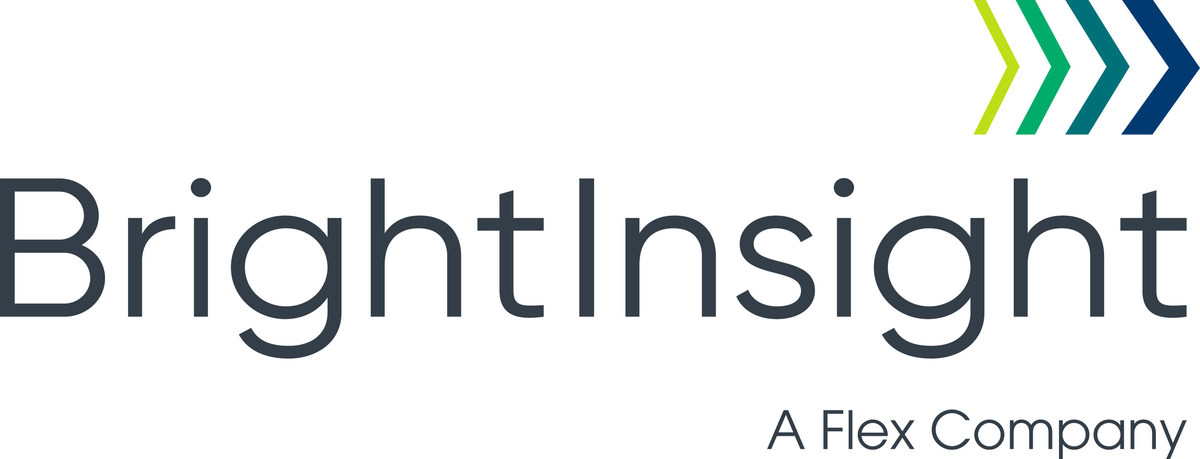
BrightInsight provides digital health analytics, offering over 60 customized charts to track patient journeys.
- Key Offerings: Patient journey analytics, digital health platforms, real-time insights.
- Innovations: Scalable digital health solutions, customizable visualizations.
- Impact: Enhances patient engagement and outcomes through digital health insights.
Comparative List of Top Healthcare Analytics Companies
| Company | Headquarters | Key Strengths | Notable Features |
|---|---|---|---|
| Innovaccer | San Francisco, CA | AI-powered data aggregation, population health management | #1 PHM solution (Black Book, 2023), Data Activation Platform, InNote |
| Arcadia | Burlington, MA | Cloud-based platform, EHR integration | KLAS Research recognition, processes 170M patient records |
| Health Catalyst | Salt Lake City, UT | Machine learning, data warehousing | EHR integration, risk, and revenue cycle management |
| Optum | Eden Prairie, MN | Personalized insights, global reach | Network planning, patient care management |
| IBM Watson Health | Cambridge, MA | AI and advanced reporting | Self-service dashboards, IoT-based health applications |
| CitiusTech | Princeton, NJ | Data science, AI-driven analytics | Conversational BI, value-based care analytics |
| SAS | Cary, NC | Predictive modeling, AI integration | Population health, fraud detection, and Microsoft partnership |
| MedeAnalytics | Richardson, TX | Interoperability, predictive analytics | MedeAdopt onboarding, cloud computing |
| Datavant | San Francisco, CA | Real-world data ecosystem | Secure data linkage, patient privacy focus |
| McKesson | Irving, TX | Supply chain analytics, patient engagement | Revenue cycle management, clinical decision support |
| Inovalon | Bowie, MD | Cloud-based platforms, payer-provider connectivity | 100+ cloud solutions, real-time data access |
| Atropos Health | Palo Alto, CA | Real-world evidence generation | GENEVA OS™, 200M patient records |
| HealthVerity | Philadelphia, PA | Large-scale RWE datasets | 75+ HIPAA-compliant datasets, lab result integration |
| N1 Health | Boston, MA | Predictive analytics, chronic disease management | Cloud-native platform, precision outreach |
| Change Healthcare | Nashville, TN | API integration, AI solutions | Workflow efficiency, award-winning customer service |
| Socially Determined | Washington, D.C. | Social determinants of health (SDoH) insights | SocialScape® platform, individual risk scores |
| Flatiron | New York, NY | Cancer care analytics | EHR-to-EDC connector, evidence-based insights |
| Veradigm | Chicago, IL | EHR capabilities, risk adjustment | High-speed data exchange, payer-focused tools |
| Cotiviti | South Jordan, UT | Payment integrity, risk adjustment | Processes billions of data points, <5-day results |
| K Health | New York, NY | AI-powered telehealth, patient data collection | Mobile app, anonymized data for analytics |
| BrightInsight | San Jose, CA | Digital health analytics | 60+ customized charts, patient journey insights |
Top 5 Performers in the Healthcare Data Analytics Market
Innovaccer: Recognized as the #1 population health management solution by Black Book for three consecutive years, Innovaccer’s Data Activation Platform unifies disparate data sources, enabling personalized patient journeys. Its AI-driven tools, like InNote and InCare, enhance care coordination and patient engagement, making it a leader in 2025.
Arcadia: Arcadia’s cloud-based platform processes over 170 million patient records, integrating EHRs, claims, and SDoH data. Its scalability and KLAS Research accolades position it as a top choice for organizations seeking comprehensive analytics.
Health Catalyst: With a focus on machine learning and data warehousing, Health Catalyst eliminates redundant data, streamlining reporting and cost management. Its EHR integration and risk management tools are highly valued.
Optum: As part of UnitedHealth Group, Optum’s global reach and tailored insights across financial, clinical, and medication management services make it a versatile provider.
IBM Watson Health: Leveraging AI and IoT, IBM Watson Health offers advanced reporting and self-service dashboards, ideal for organizations seeking customizable analytics solutions.
The Role of AI and Machine Learning in Data Analytics
AI and ML are revolutionizing healthcare analytics by enabling predictive and prescriptive insights. Key applications include:
- Predictive Analytics: AI algorithms identify at-risk patients, such as those prone to heart attacks or chronic disease exacerbations (e.g., Cleerly’s coronary CTA analysis).
- Real-Time Documentation: Deep learning and speech recognition reduce human errors in EHRs, improving data quality.
- Personalized Medicine: ML models tailor interventions based on individual patient data, enhancing outcomes.
The AI healthcare market is expected to reach $8 billion by 2026, underscoring its transformative potential (Global Market Insights, 2023). Companies like CitiusTech and SAS are embedding AI to drive clinical precision and operational efficiency.
Challenges and Opportunities
Despite its promise, healthcare analytics faces challenges:
- Data Quality: Poor data quality hinders actionable insights, with 97% of healthcare data underutilized (Innovaccer, 2025).
- Implementation Costs: High upfront costs deter smaller organizations.
- Workforce Shortages: A lack of skilled analysts limits adoption, particularly in emerging markets.
Opportunities include:
- Cloud-Based Solutions: Platforms like Inovalon’s cloud offerings reduce infrastructure costs and enhance scalability.
- Augmented Analytics: Tools that automate data preparation and visualization democratize analytics for non-experts.
- SDoH Integration: Companies like Socially Determined highlight social risks, enabling targeted interventions.
The Economic and Social Impact
Healthcare analytics delivers significant benefits:
- Cost Savings: Analytics reduces administrative costs, which account for 30% of excess U.S. health spending (Innovaccer, 2025).
- Improved Outcomes: Predictive models lower readmission rates and enhance chronic disease management.
- Equity in Care: SDoH insights address disparities, improving access for underserved populations.
For example, Atropos Health’s RWE reports accelerate clinical decision-making, while K Health’s telehealth app empowers patients with accessible diagnostics.
Key Conclusion and Analysis
In 2025, healthcare data analytics is not just a tool but a necessity for navigating the complexities of modern healthcare. The top companies listed above are at the forefront, leveraging AI, ML, and RWE to drive innovation, reduce costs, and improve patient care.
By addressing challenges like data quality and workforce shortages, these providers are shaping a future where data-driven decisions are the cornerstone of healthcare delivery. Organizations must carefully evaluate their needs and select providers that align with their goals to unlock the full potential of analytics.
FAQs
Healthcare data analytics involves collecting, analyzing, and visualizing data to support clinical, operational, and financial decision-making in healthcare.
It improves patient outcomes, reduces costs, and enhances operational efficiency amidst rising medical costs and workforce challenges.
AI enables predictive modeling, real-time documentation, and personalized care, enhancing clinical precision and efficiency.
SDoH are non-medical factors like income, education, and housing that impact health outcomes, often analyzed to design targeted interventions.
Consider experience, integration capabilities, data security, scalability, and training support, aligning with your organization’s goals.
Challenges include poor data quality, high implementation costs, and a shortage of skilled professionals.
RWE provides insights from real-world data, accelerating clinical decisions and improving treatment outcomes.
Cloud platforms enhance scalability, reduce costs, and enable real-time data access for providers and payers.
They use HIPAA-compliant platforms, encryption, and secure data storage to protect sensitive patient information.
Innovaccer is highly regarded, ranked #1 by Black Book for its population health management solutions (2023).